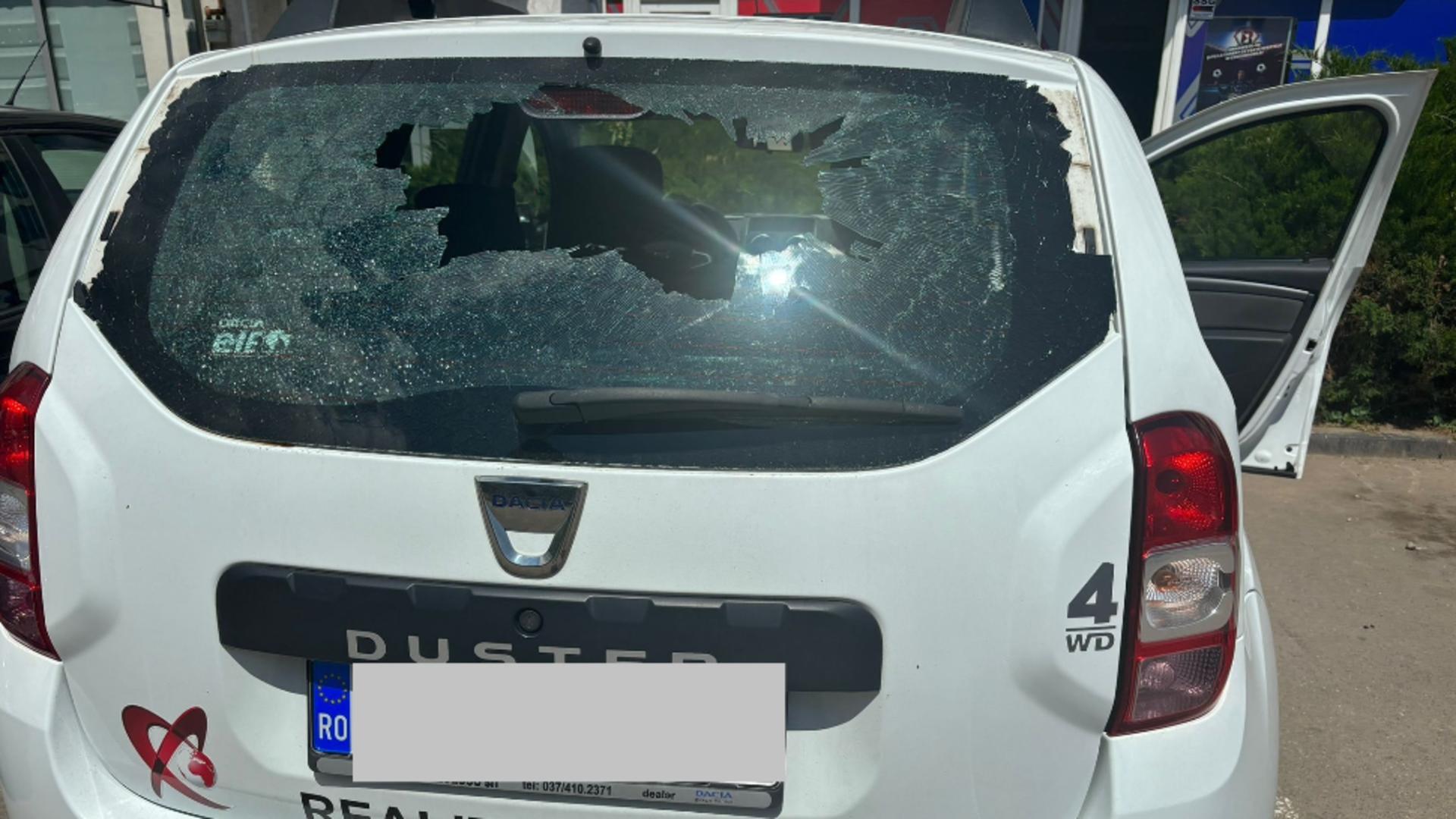Earlier this month, the U.S. Department of Education notified the NAACP Legal Defense and Educational Fund that it had contacted a school district in Southlake, Texas, to begin negotiating a resolution agreement in civil rights complaints from four former students. The complainants reported that, during their time as students, they had been subjected to racist and homophobic slurs and comments.
The outcome of these federal negotiations could foreshadow the future of equity initiatives and academic freedom across the United States.
When I graduated from Carroll Independent School District in 2004, I was one of only a few students of color at the time, so the students’ experiences hit close to home for me. Dismissing Southlake as an overprivileged school and outlier may be tempting, but what happens in “the bubble” — as we not so affectionately refer to my hometown — does not stay there. The Carroll ISD school board that sparked these civil rights complaints is responsible for helping usher in a dangerous era of legislation that opposes diversity, equity, and inclusion (DEI) policies and programs and setting a precedent for districts and institutions nationwide.
When video footage surfaced in October 2018 and February 2019 of Carroll Senior High School students using a slur that dehumanizes Black people, many reacted with shock at the level of racism evidenced in schools. I rolled my eyes and thought, “Nothing has changed.”
The district has a long history of racism preceding the social media age.
For example, a Carroll High School student was suspended in 1996 for holding a sign that expressed a violent message using a racial slur during a football game against nearby rival Grapevine. The sign was aimed at two Black Grapevine football players. At the time, there were no Black players on Carroll’s varsity team.
In November 2017, a plaque commemorating the late Dallas Cowboys football player Frank Cornish IV, whose family lived across the street from my childhood home, was vandalized. “The plaque bearing Cornish’s name had an expletive, the letters KKK and a racially charged message carved across it,” a Dallas TV news station reported.
Hopeful that some progress had been made since I walked the halls of Carroll High School, I was cautiously optimistic when in February 2019, then-Mayor Laura Hill told parents that we “had better wake the heck up,” and the school district announced the formation of a Diversity Council. However, any faint hope was dashed in August 2020 when the board of trustees convened to vote on the council’s 34-page Cultural Competency Action Plan.
I watched the meeting as it was live-streamed. Hours of public comments left me in tears. I recognized the pain in students’ voices as they shared their experiences of racism within school walls. The time I spent growing up in Southlake, as a transracial Korean adoptee, left me with many unpleasant memories: a teacher referring to me as “yellow” and a fellow middle schooler taunting me from across the computer lab with repeated chants of a slur that targets people of Chinese descent.
The proposed plan included basic strategies such as “develop students’ cultural competence to embrace diversity at all CISD campuses, and enable a culturally safe and respectful environment for students to value and practice inclusion.” However, even after bearing witness to painful testimony from current and former students, some trustees laughed at their incomprehension of the plan, expressing confusion over terms such as “microaggressions.”
In November 2021, school board candidates supported by the conservative political action committee Southlake Families won during a special election. The district became one of the first places where school board candidates raising fears about critical race theory took the majority. NBC News reporters Mike Hixenbaugh and Antonia Hylton created a podcast called “Southlake” to report on the racial tensions and tell “the story of how this idyllic city, and its local school board election, became the poster child for a new political strategy with national repercussions.”
Carroll ISD stayed in the headlines, restricting books in classroom libraries and instructing teachers to offer “opposing” perspectives to books about the Holocaust. I am grateful that my mom, a beloved, longtime school librarian in the district, retired right before these dystopian censorship efforts took hold.
Meanwhile, a wave of book bans and anti-DEI bills spread across the country and trickled up to higher education. A new Texas law banning DEI offices, programs and training went into effect this year for state universities. Florida has passed similar legislation. Academic freedom is under increasing fire as universities attempt to censor student protests.
The eyes of Texas, and the nation, should be upon Southlake as the federal negotiations begin. How the district responds to the civil rights complaints and any subsequent resolution agreement could signal a turning tide, for better or worse, especially during this election season.
At the very least, the Education Department’s investigation has validated the experiences of those students who deserved better from Carroll ISD. Maybe this will be the moment when the community finally decides that the antiquated tradition of discrimination they are “protecting” will be their downfall.
That’s the thing about bubbles. They always burst eventually.
Stephanie Drenka is co-founder and executive director of the Dallas Asian American Historical Society. She is also a facilitator/coach with The OpEd Project. Drenka graduated from Southlake Carroll ISD in 2004.
Submit a letter, of no more than 400 words, to the editor here or email letters@chicagotribune.com.





